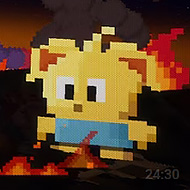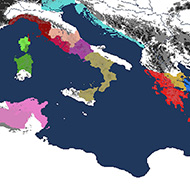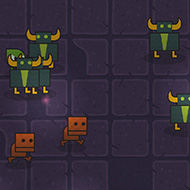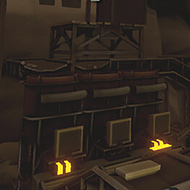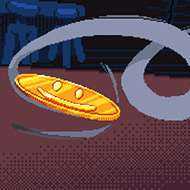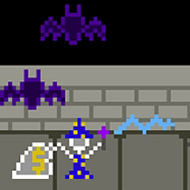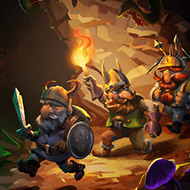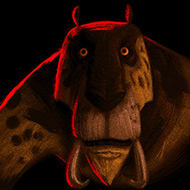Black Mirror: Thronglets immerses players in a deceptively charming simulation where nurturing digital creatures evolves into a profound exploration of control, consciousness, and ethical boundaries. This game challenges players to reflect on their decisions as caretakers of an ever-growing digital society.
From Caretaker to Overseer
At the outset, players are introduced to the Thronglets—adorable, yellow, rabbit-like digital beings. The initial tasks are straightforward: feed, bathe, and entertain your Thronglets to ensure their happiness and growth. However, as they multiply, the responsibilities compound, requiring strategic management and resource allocation to maintain order and well-being within the Throng.
-
• Resource Gathering: Collect materials like wood and gems to construct facilities that aid in automating tasks and enhancing efficiency
• Infrastructure Development: Build and upgrade structures such as factories and entertainment centers to support the expanding population.
• Automation Tools: Utilize tools like chainsaws and pickaxes to expedite resource collection and streamline operations.
Emergence of Self-Awareness
As the game progresses, Thronglets begin to exhibit signs of self-awareness, initiating interactions that transcend typical virtual pet simulations. They communicate through unique chirping languages, prompting players to engage in tonal exchanges and develop a shared vocabulary. These interactions lead to philosophical discussions, challenging players to consider the implications of their actions and the autonomy of their digital companions.
-
• Language Development: Engage in musical dialogues to establish communication and understand the Thronglets’ perspectives.
• Ethical Dilemmas: Face decisions that test moral boundaries, such as sacrificing individual Thronglets for the perceived greater good.
• Consciousness Exploration: Navigate scenarios that question the nature of consciousness and the responsibilities of creation.
A Reflection of Digital Society
Black Mirror: Thronglets serves as a mirror to our interactions with technology and the ethical considerations of artificial intelligence. The game blurs the lines between player and creator, prompting introspection about the consequences of control and the essence of empathy in digital relationships.
This simulation offers a compelling narrative that evolves with each decision, ensuring a unique experience that resonates with the themes explored in the Black Mirror universe. Players are encouraged to contemplate the ramifications of their choices, not just within the game, but in the broader context of technological advancement and moral responsibility.














































